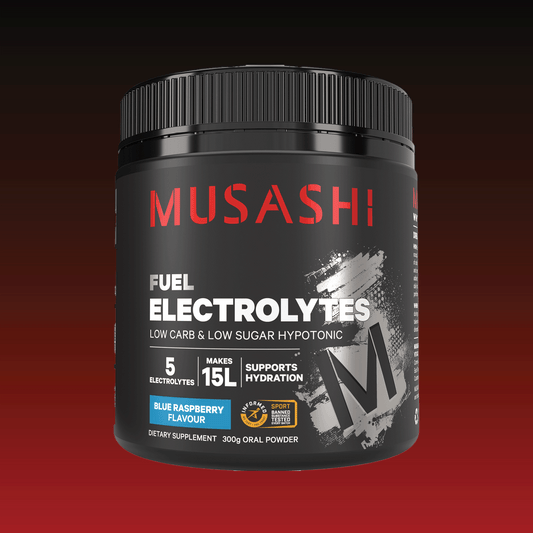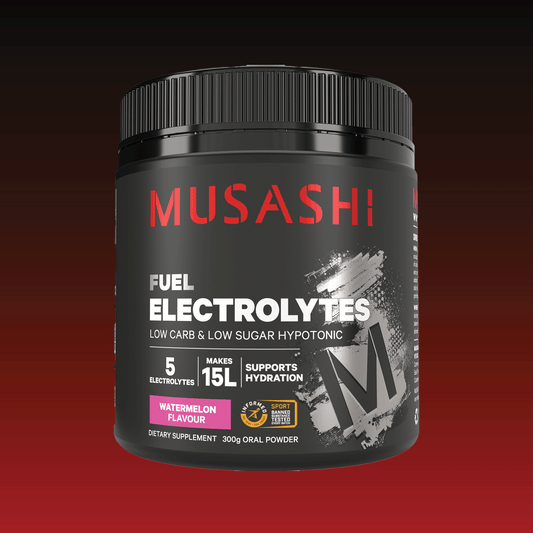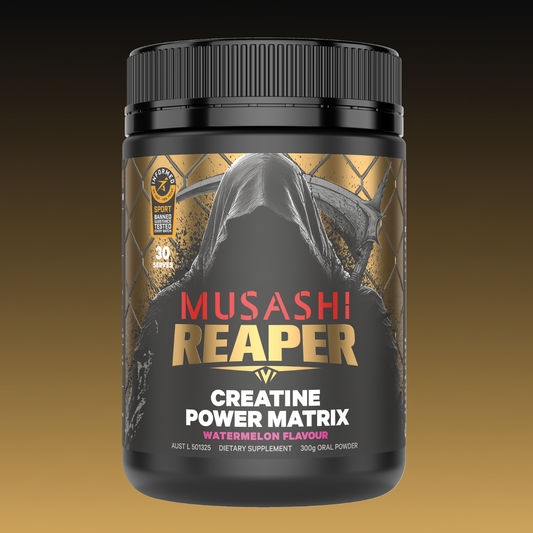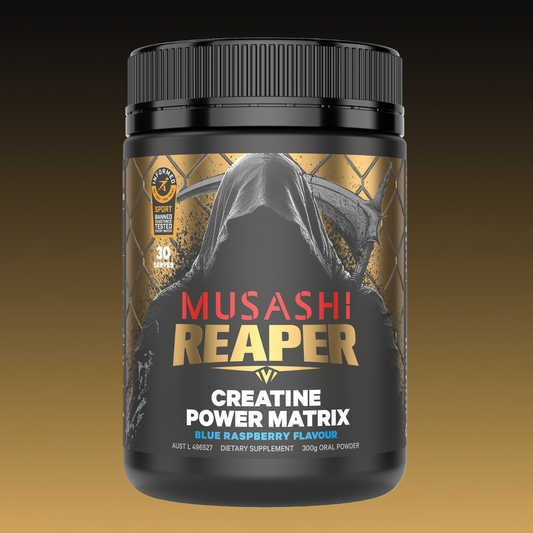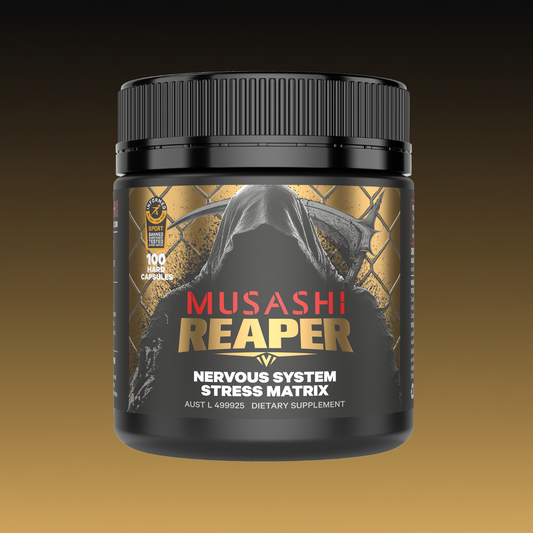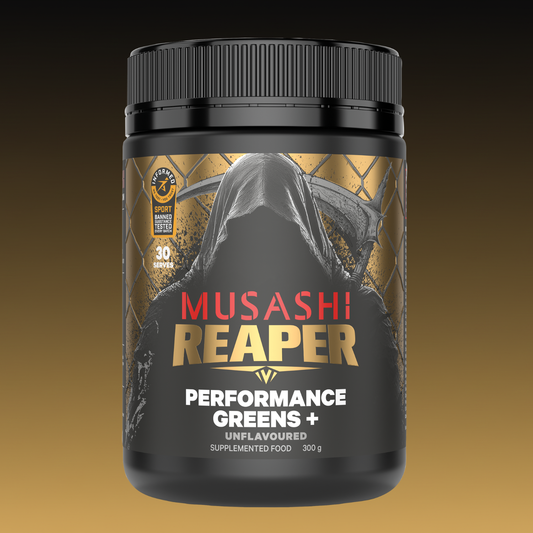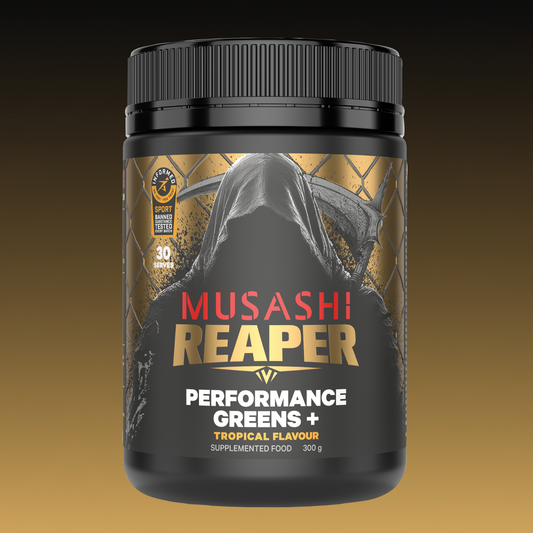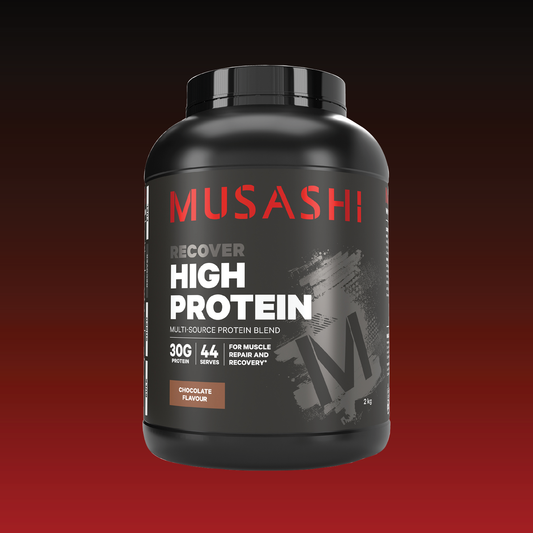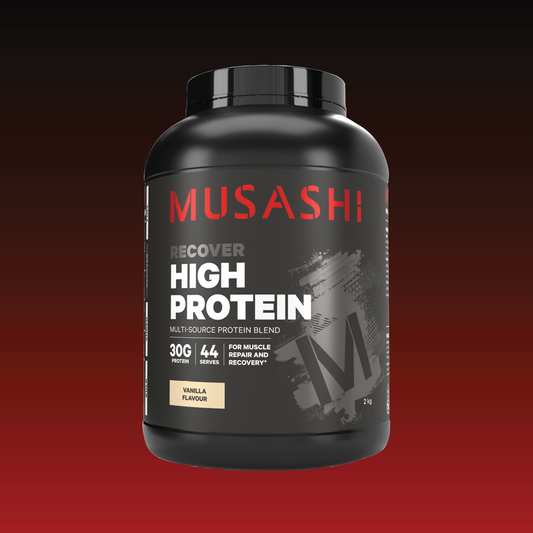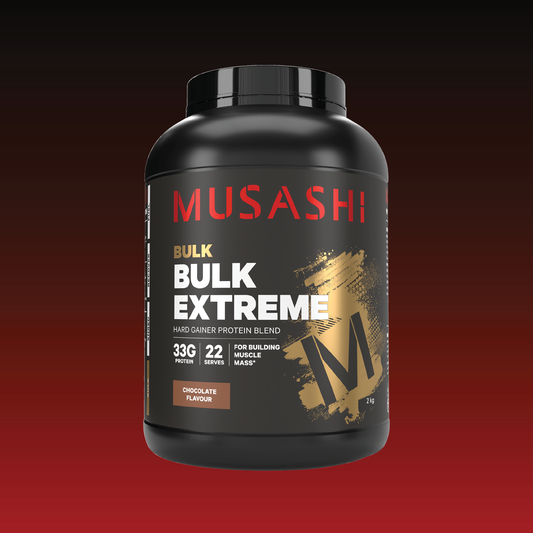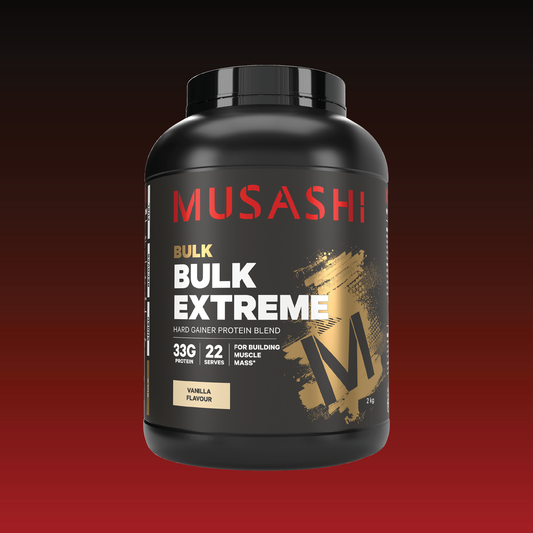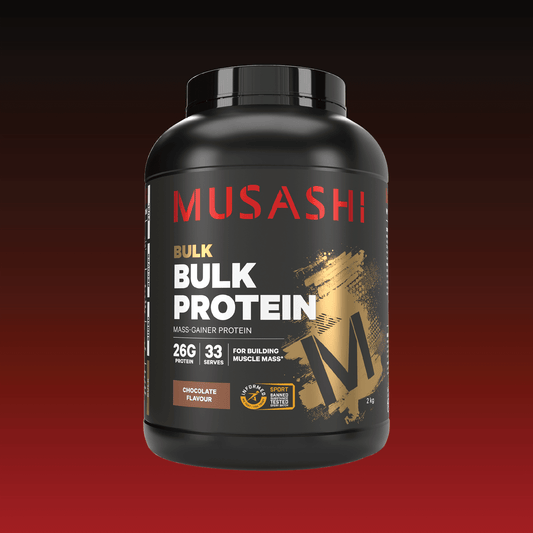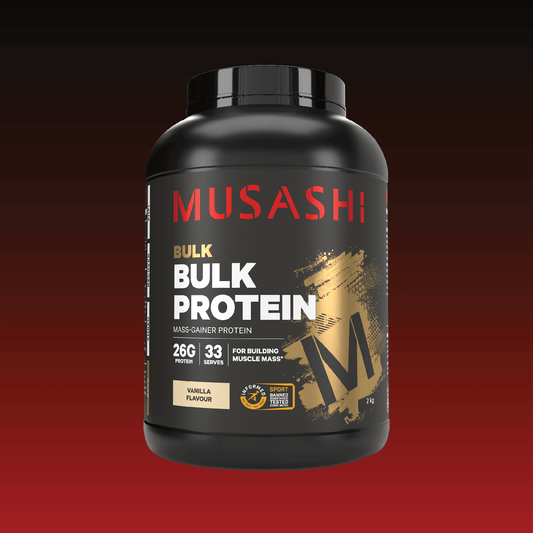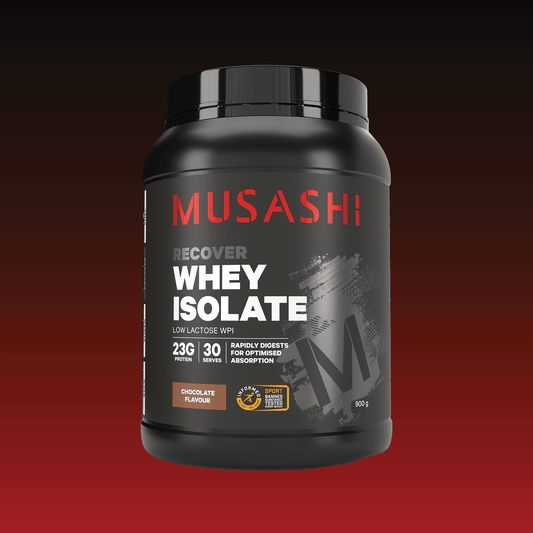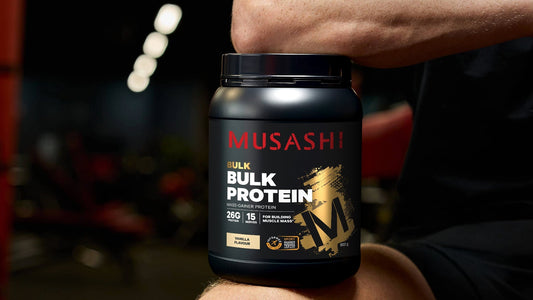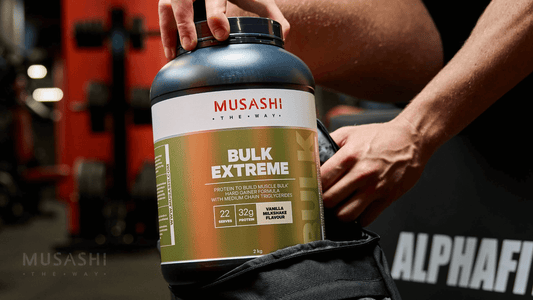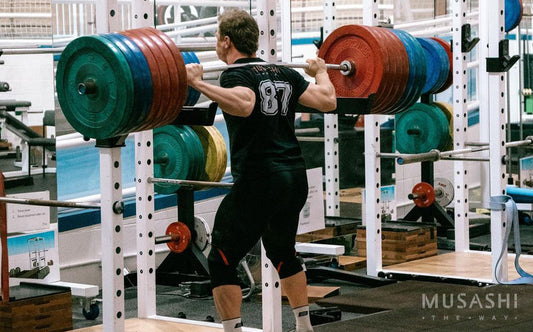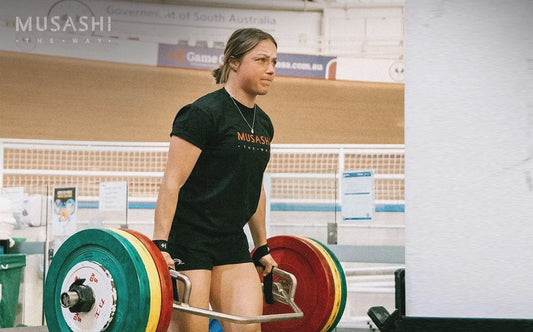The Way to Recover
• 07/11/2024
Dehydration: The Silent Performance Killer
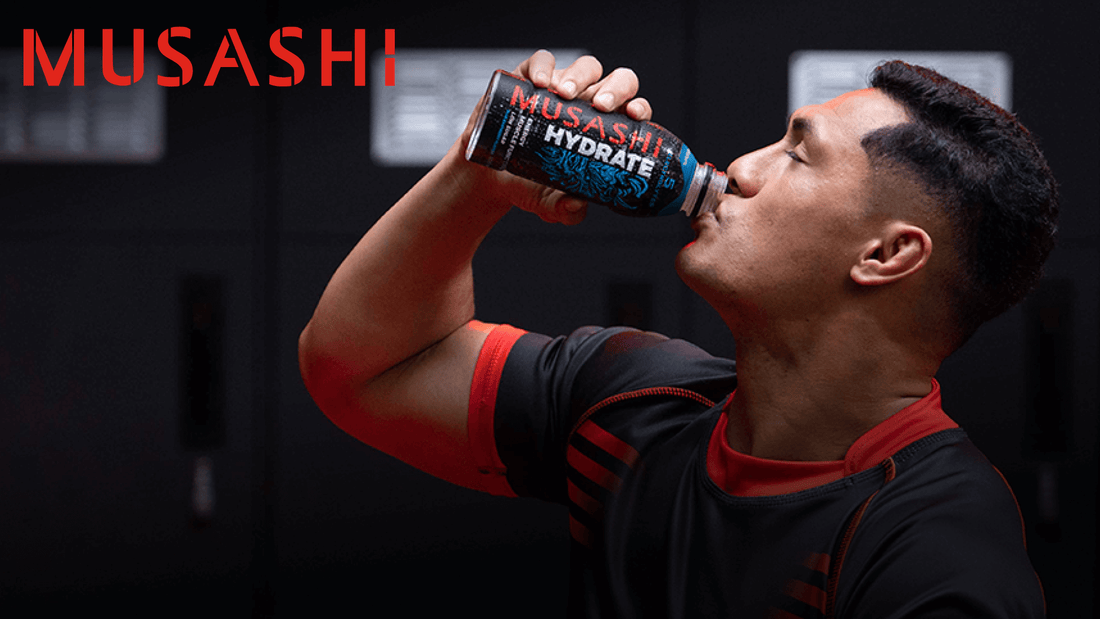
The effects of dehydration on performance are well documented, with consequences ranging from severe health risks to subtle decreases in performance. Research shows that being dehydrated by just 2% impairs performance in tasks that require attention, cognitive and motor function and immediate memory skills.
The Impact of Dehydration on Athletic Performance
Water within our body plays a crucial role in:
- Temperature regulation: Sweat cools the body during exercise, preventing overheating.
- Energy production: Water is involved in the metabolic processes that convert nutrients into energy.
- Nutrient transport: It carries essential nutrients to muscles and removes waste products.
- Oxygen delivery: Water is a component of blood, which transports oxygen to working muscles.
Even mild dehydration can lead to:
- Reduced endurance: As fluid levels drop, the heart works harder to circulate blood, leading to fatigue.
- Decreased muscle strength: Dehydration can impair muscle contractions.
- Impaired cognitive function: Reduced blood flow to the brain can affect focus and decision-making.
- Increased risk of heat-related illnesses: Dehydration exacerbates the body's inability to cool itself.
Signs and Prevention of Dehydration
Recognising the signs of dehydration is essential for maintaining optimal performance. Look for:
- Dark, concentrated urine
- Dry mouth and lips
- Fatigue and weakness
- Dizziness or lightheadedness
- Headache
To prevent dehydration:
- Prioritise water intake: Drink water regularly throughout the day, especially in hot or humid conditions.
- Consider sports drinks: For intense or prolonged workouts, sports drinks can replenish fluids and electrolytes lost through sweat.

- Monitor urine color: Pale yellow urine indicates adequate hydration.
- Acclimatise to heat: Gradually increase exercise intensity in hot environments to allow the body to adapt.
- Personalise hydration: Individual sweat rates vary, so experiment to find the optimal hydration strategy.
- Listen to your body and its natural thirst mechanisms
By prioritising hydration, you can optimize your performance, reduce the risk of injuries, and support your overall well-being.
References:
- Adan, A. (2012). Cognitive Performance and Dehydration. Journal of the American College of Nutrition, 31(2), 71-78.
- Hillyer, M; Manon, K. (2015). The Effects of Dehydration on Skill-Based Performance. International Journal of Sports Science, 5(3): 99-107.
